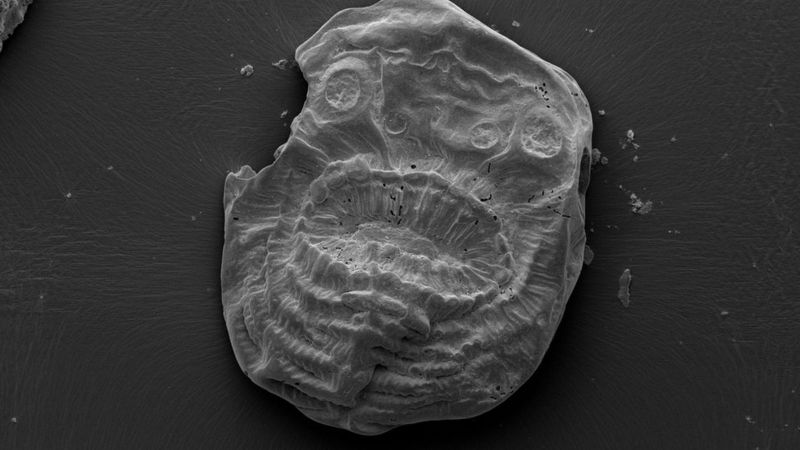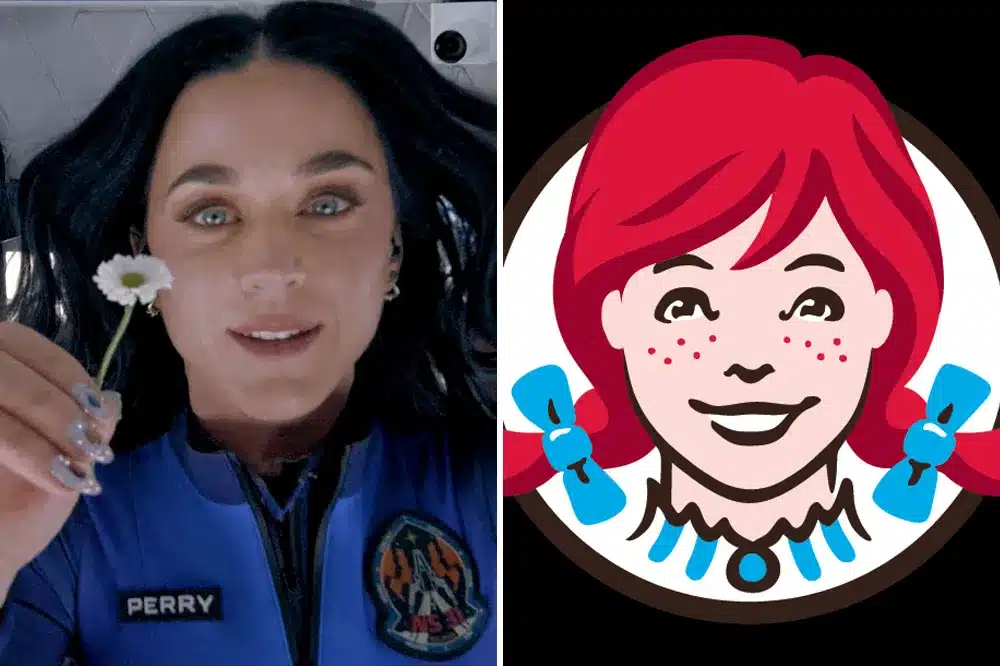Researchers have discovered the earliest known ancestors of humans, as well as a whole range of other species.
Images VIA
The creature was a microscopic sea animal and the earliest known step on the evolutionary path that led to fish which then led to humans. It was found through the fossilised traces of the 540 million year old creature, the details of which appear in Nature journal.
What makes this even more fascinating are the traits that it had – apparently the researchers were unable to detect if the creature had a butthole, which suggests that it ate and shat out food from the same hole. Grimy. It also had a huge mouth, which might explain a lot about us humans (kidding).
The study was carried out by an international team of researchers, from the UK, China and Germany. Among them was Prof Simon Conway Morris, from the University of Cambridge, who said:
To the naked eye, the fossils we studied look like tiny black grains, but under the microscope the level of detail was jaw-dropping.

We think that as an early deuterostome this may represent the primitive beginnings of a very diverse range of species, including ourselves. All deuterostomes had a common ancestor, and we think that is what we are looking at here.
Meanwhile Degan Shu, from Northwest University in Xi’An, Shaanxi Province, where the fossils were found, said:
Saccorhytus now gives us remarkable insights into the very first stages of the evolution of a group that led to the fish, and ultimately, to us.
Other characteristics of the Saccorhytus include a thin layer of skin and flexible muscles. But its most striking feature is its large mouth, relative to the rest of its body.
It’s fascinating that scientists are still discovering new information about our ancestors, and that it’s possible to decipher its features despite the fact that it is 540 million years old. You can’t even fathom what life would have been like back then.
While we’re on the topic of sea creatures, check out these horrific catches from a deep sea fisherman. Guaranteed to give you nightmares.















